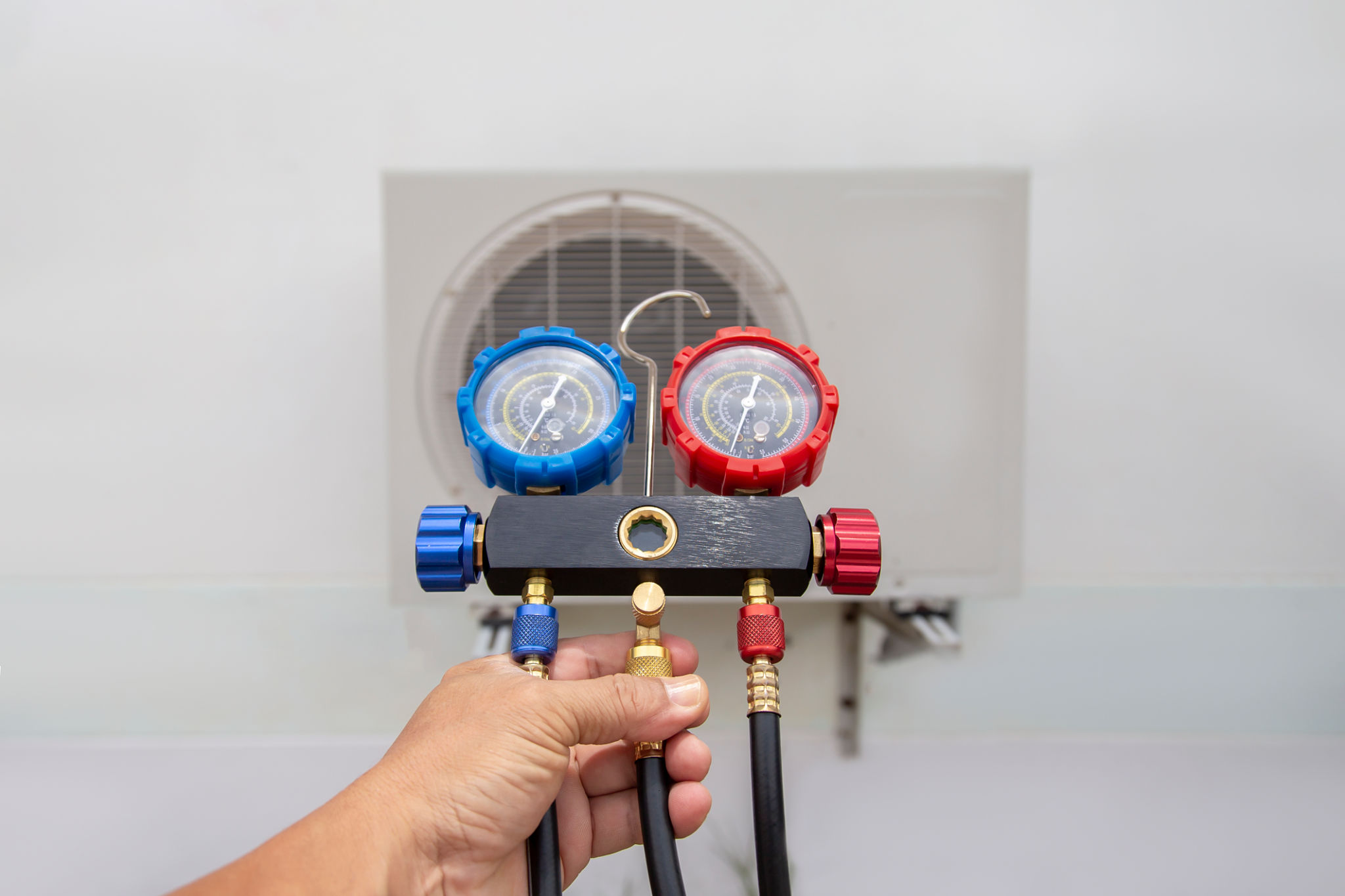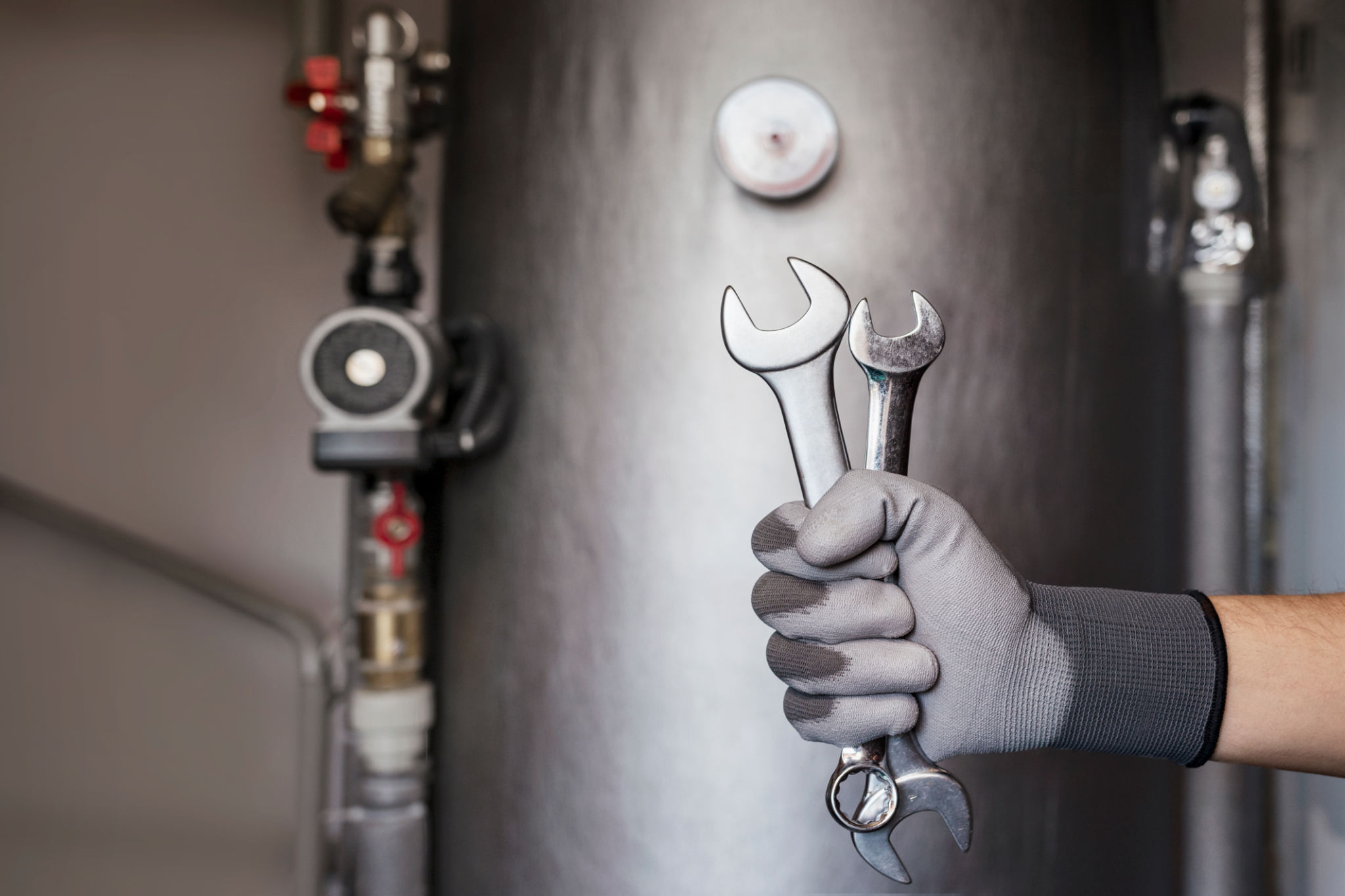Winter Preparation: Ensuring Your Hot Water System Is Ready
Understanding Your Hot Water System
As winter approaches, the last thing you want is to be caught off guard by a malfunctioning hot water system. Ensuring your system is ready for the colder months is essential for maintaining comfort and efficiency. A bit of preparation now can save you from uncomfortable cold showers and unexpected repair bills.
Hot water systems come in various types, including tankless, storage, and solar-powered. Each type has specific maintenance needs. Understanding what kind of system you have is the first step in preparing for winter.

Inspecting Your System
Before the chill of winter sets in, inspect your hot water system thoroughly. Begin by checking for any visible signs of wear and tear, such as rust or leaks around the tank or pipes. Addressing these issues early can prevent more significant problems later.
Next, ensure that the temperature settings are optimized for winter use. Typically, a setting of 120-140 degrees Fahrenheit is advisable. This temperature range provides a comfortable balance between efficient energy use and sufficient heating.
Regular Maintenance Checks
Regular maintenance is key to a well-functioning hot water system. It’s advisable to flush your water heater at least once a year to remove sediment buildup, which can affect efficiency and lifespan. If you’re unsure how to perform this task, hiring a professional can be a wise investment.

Additionally, inspect the sacrificial anode rod in your tank water heater. This component helps prevent the tank from rusting by attracting corrosive elements. Replacing it every few years can significantly extend the life of your water heater.
Insulating for Efficiency
Insulation plays a crucial role in maintaining efficient hot water systems during winter. Insulate both the pipes and the tank to minimize heat loss. This step ensures that your system maintains a steady supply of hot water without overworking itself.
Pipe insulation is particularly important if your hot water lines run through unheated areas like basements or crawl spaces. Simple foam insulation sleeves are effective and easy to install.

Professional Assistance
While many maintenance tasks can be handled by homeowners, some issues are best left to professionals. If your system frequently trips its circuit breaker, produces discolored water, or emits strange noises, it may be time to call an expert.
A professional inspection can provide peace of mind and ensure that your system is running safely and efficiently. Many service providers offer winter preparation packages that include comprehensive checks and necessary adjustments.
Energy Efficiency Considerations
Winter is an excellent time to consider energy efficiency upgrades for your hot water system. Upgrading to a more efficient model can save you money in the long run. Look for systems with high Energy Factor (EF) ratings, which indicate better efficiency.
Consider alternative energy sources, such as solar-powered systems, if feasible. These systems can reduce your reliance on conventional energy sources and lower your utility bills.

Final Preparations
With a few preparatory steps, you can ensure that your hot water system remains reliable throughout the winter months. Taking proactive measures now will not only enhance comfort but also extend the life of your system.
Make sure to schedule any necessary professional inspections or repairs well before the coldest months arrive. This proactive approach will help you avoid last-minute emergencies when demand for service is high.
